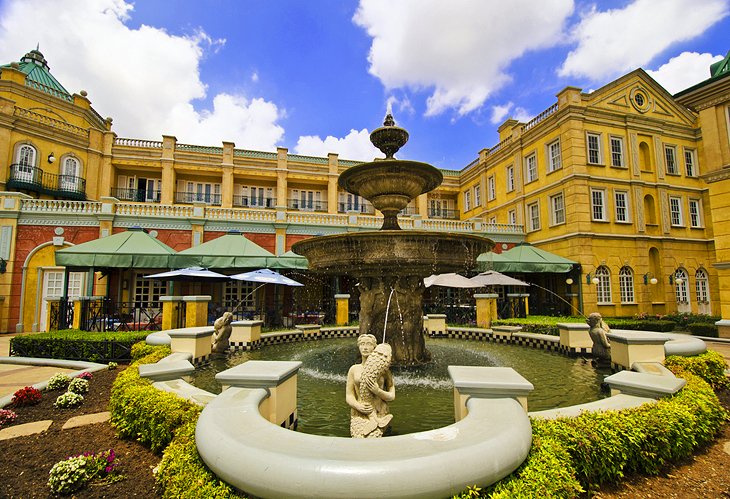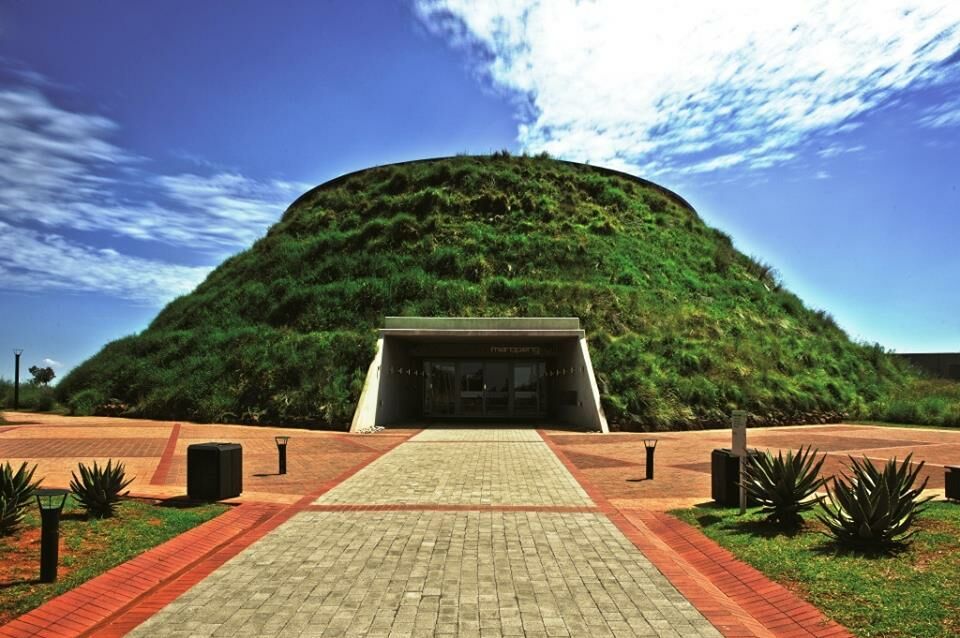Getting My Johannesburg North Attractions To Work
Getting My Johannesburg North Attractions To Work
Blog Article
Johannesburg North Attractions Fundamentals Explained
Table of ContentsJohannesburg North Attractions Fundamentals ExplainedSome Ideas on Johannesburg North Attractions You Need To KnowWhat Does Johannesburg North Attractions Mean?The Main Principles Of Johannesburg North Attractions 3 Simple Techniques For Johannesburg North AttractionsThe Only Guide for Johannesburg North AttractionsHow Johannesburg North Attractions can Save You Time, Stress, and Money.
You should keep security in mind and travelers need to continue to be sharp at all times when in unknown environments. Talk with the residents when you remain in town to discover out about the location you are remaining in. Johannesburg North attractions. When on the street (this doesn't use to buying malls and other safe settings) ideal general suggestions is to attempt your ideal to resemble a regional and to stay clear of presenting any type of type of wealth
Some Known Factual Statements About Johannesburg North Attractions
Teacher Revil Mason O. J. (Thomson, 1946) explored the Witwatersrand's pre-colonial background. His archaeological work exploded the 'em pty land' misconception, according to which the area was lacking human habitation before the arrival of European inhabitants. In his publications Prehistory of the Transvaal: A Record of Human Activity (1962) and Beginnings of Black Individuals of Johannesburg and the Southern Western Central Transvaal Advertisement 3501880 (1986 ), Teacher Mason showed the degree of social and financial advancement in the area prior to Europeans set foot here.

The Only Guide for Johannesburg North Attractions
In 1878, David Wardrop discovered gold in quartz capillaries at Zwartkop, north of Krugersdorp. In 1881, Stephanus Minnaar came across gold on the ranch Kromdraai, near the Cradle of Mankind.
In March 1886, an outcropping (soon to be called the Key Reef) was found, quite fortunately, on Gerhardus Oosthuizen's ranch Langlaagte. Some state that the Lancastrian coal miner George Walker found this coral reef. One more itinerant English miner, George Harrison (who had formerly operated in Australian mines) gotten a prospecting licence in respect of Langlaagte in Might 1886.
He determined to proceed in a mission for greener pastures, and disposed of his Langlaagte case for the handsome sum of 10. Alas: under lay the richest goldfield ever before discovered. The discovery of this abundant auriferous reef prompted a gold rush that signified completion of bucolic serenity in the southern Transvaal.
It would certainly, within six years, come to be the largest community in southern Africa. Within a years, it would make the Z. A. R. till then an anarchical and bankrupt little state the wealthiest nation in Africa. By the millenium, the Z. A. R. was to find here exceed Russia, Australia and the United States of America to end up being the world's leading gold producer, generating even more than a quarter of the globe's gold.
Not known Facts About Johannesburg North Attractions
It was recognized as Ferreira's Camp, called after Colonel Ignatius Ferreira. He was a Boer adventurer upon whom the British authorities had actually bestowed the condition of Buddy of one of the most Learn More Here Distinguished Order of St Michael and St George (entitling him to the post-nominal letters C. M. G.) in gratitude for his function in the battle that had deposed the Pedi king Sekhukhune in 1879.
Soon the camp was including outdoors tents and wagons as novices arrived daily from far and wide. By September 1886, some 400 people resided in Ferreira's Camp, which soon flaunted prefabricated iron and hardwood buildings. Two other camps were established: Meyer's Camp on the farm Doornfontein, and Paarl Camp. The latter was nicknamed Afrikander Camp; many individuals from the Cape Colony worked out there.

Some Known Details About Johannesburg North Attractions
This name gained money by word of mouth, such that the State Assistant attested the name to the Mining Commissioner on 9 October 1886. Stands in the village were auctioned on 8 December 1886. While some stands were cost 10, others were torn down for just sixpence.
Two years later, these erven were to alter hands for as high as 750 each. The tented camps dwindled as a dorp of corrugated iron buildings developed and broadened north of the mines situated along the Key Coral Reef Roadway. Areas such as Jeppe's Town (where working-class immigrants erected their residences) and Doornfontein (where the affluent new 'Randlords' began to build their extravagant houses) were quickly contributed to the ever-expanding map of the town.
An Unbiased View of Johannesburg North Attractions
In addition to the road names, there were no signs of Johannesburg being situated in a Dutch-speaking country. Years later, C. W. Kearns O. J. (one of the first boys signed up at St John's College in 1898) would recall: 'An unusual truth concerning Johannesburg was that, although it was in the [Boer Republic], almost everyone spoke English and even the Federal government servants addressed one in English, unless they were very first dealt with in the Taal (or Reduced Dutch)'.
As such, Britain had a rate of interest in making sure optimal conditions for gold manufacturing on the Witwatersrand, and that the gold was exported to London as opposed to Berlin a vital rendered all the extra clamant by the Z. A. R - Johannesburg North article attractions.'s boosting toenadering with Germany. Mine owners got on a collision program with Head of state Kruger, whose policy of monopolistic giving ins (frequently approved to his cronies) prevented mining business from acquiring supplies of products (specifically dynamite) and labour on their very own, cheaper terms
Getting The Johannesburg North Attractions To Work
In 1890, the Volksraad had actually limited the franchise to white guys who had actually stayed in the Z. A. R. for fourteen years or longer, hence disqualifying the majority of the immigrants (who happened to be the major contributors to the fiscus). Agitation for the vote was a plain pretense for advertising a different program; many uitlanders regarded themselves as temporary site visitors and had no purpose of continuing to be in the Z.
Report this page